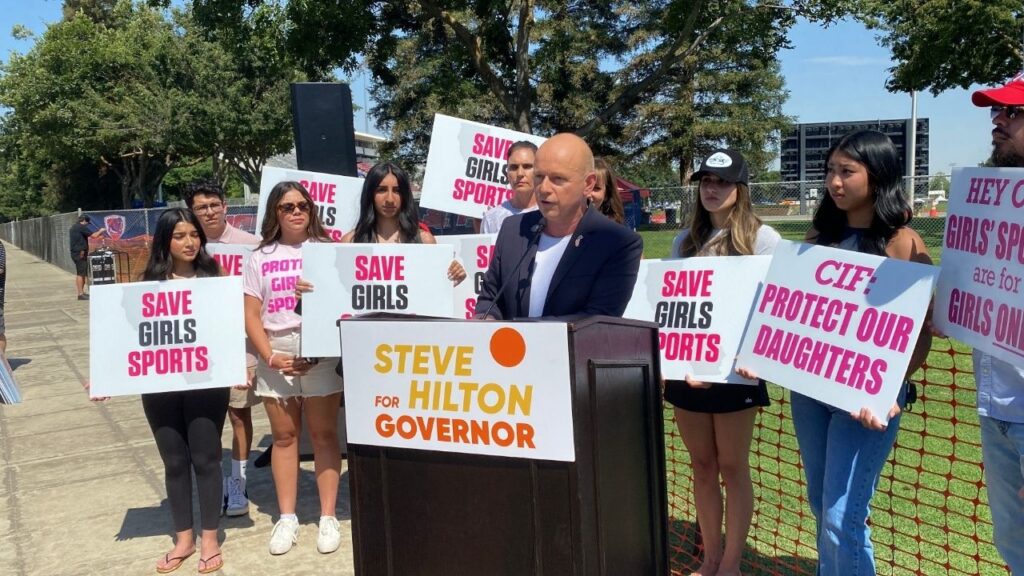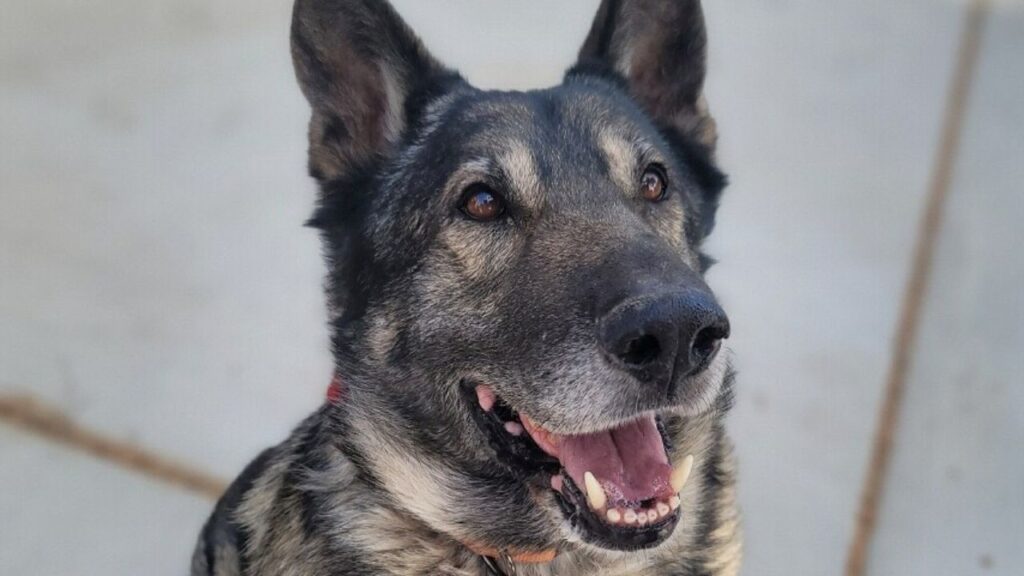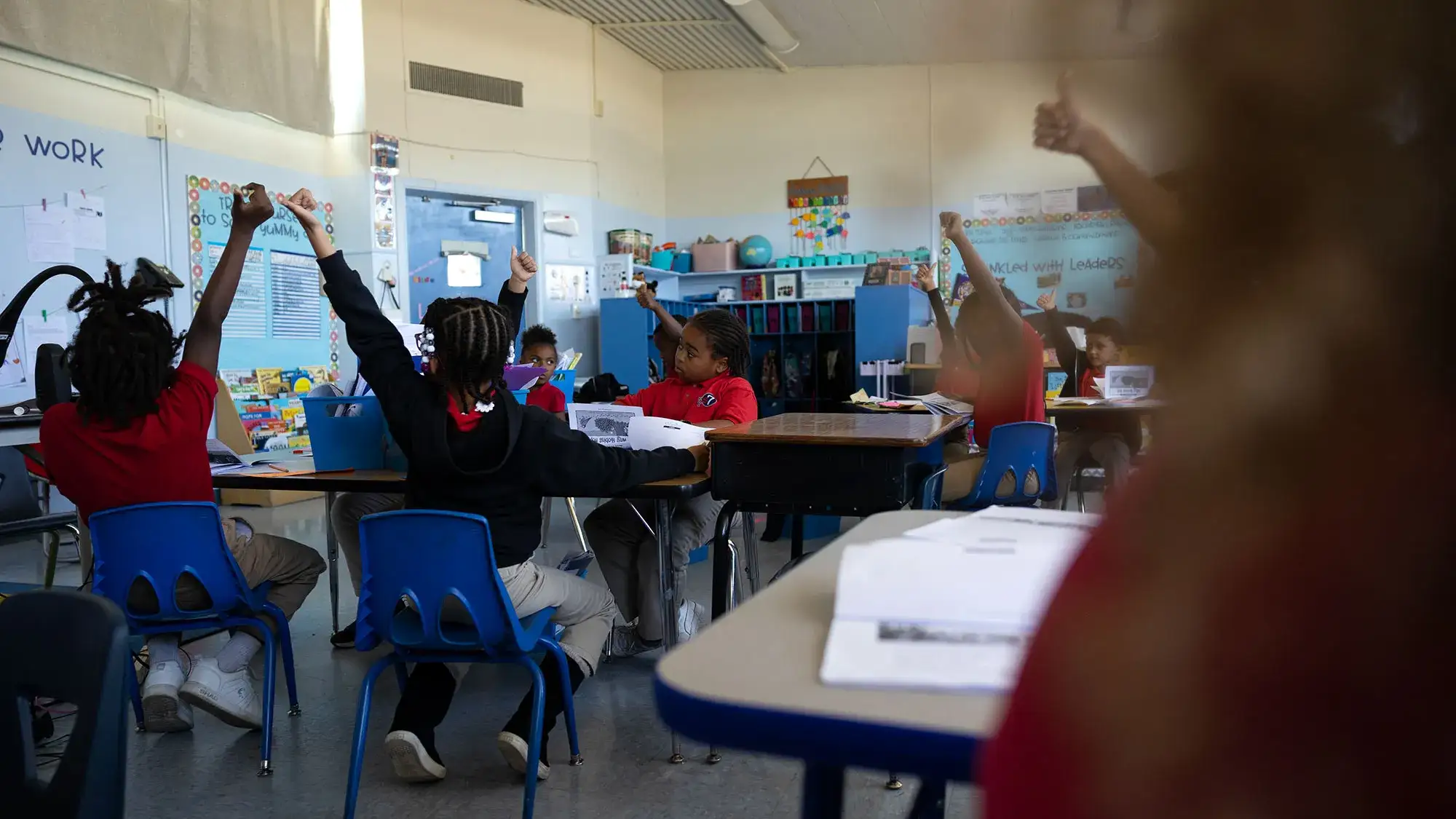[location-weather id="102511"]
Trending
Judge Rules Next Fresno County Sheriff, DA Elections Are in 2028
The next time Fresno County voters will select a sheriff and district attorney will be in 2028 and not 2026, a Fresno judge ruled.
On Monday...
Latest /
3 hours ago
Latest
Videos

Crime /
9 minutes ago
Co-Conspirator Sentenced in Fraud Involving Loans to Bitwise

Crime /
9 minutes ago
Valley Crime Stoppers’ Most Wanted Person of the Day: Stephanie Marie Zamarripa

Opinion /
25 minutes ago
Why Trump Is Mad at ‘Sleazebag’ Leonard Leo

Local /
2 hours ago
Madera County Authorities Seek Public’s Help Locating Missing At-Risk Man

Business /
2 hours ago
Campbell’s Co. Says Sales Rise as More Americans Cook at Home

Courts /
2 hours ago
US Judge Blocks Trump From Nixing Union Bargaining for TSA Officers

Inspire /
4 days ago
Fresno’s First Fit Fest Mixes Sweat, Sportsmanship, and Support for Local Causes
Central Valley
Featured
Crime /
9 minutes ago
Co-Conspirator Sentenced in Fraud Involving Loans to Bitwise
A Connecticut man was sentenced Monday to more than three years in federal prison for defrauding investors in loans tied to the failed Fresn...

Latest /
3 hours ago
Judge Rules Next Fresno County Sheriff, DA Elections Are in 2028

Local /
4 hours ago
Central Unified Trustees Choose Their Next Superintendent

Politics /
8 hours ago
Smoke Shops, City Hall Will Meet in Courtroom Showdown

Politics /
2 days ago
California Gubernatorial Candidate Steve Hilton Vows to Repeal Transgender Athlete Law

Animals /
2 days ago
General Is a Good Boy — in English and Spanish
Videos

Politics /
4 days ago
What Local Politicians, LGBT Community Say About Trans Track Star

Local /
4 days ago
Fresno Will Build New Firehouse, Replacing ‘Temporary’ Station After 50 Years

Inspire /
4 days ago
Fresno’s First Fit Fest Mixes Sweat, Sportsmanship, and Support for Local Causes

Video /
5 days ago
Wired Wednesday: The Human Side of Law Enforcement
Education
California School Awards Dinner at Disneyland Comes With Hefty Price Tag
Latest /
3 days ago
California’s War Over Charter Schools Rages On in Court
Opinion /
4 days ago
Harvard Agrees to Relinquish Early Photos of Slaves, Ending a Long Legal Battle
News /
5 days ago
Commentary
Commentary
Featured
Opinion /
25 minutes ago
Why Trump Is Mad at ‘Sleazebag’ Leonard Leo
President Donald Trump turned on one of his most important allies last week.
David French
The New York Times
Opinion
A day after a thre...
Sports
showcase

Sports /
6 hours ago
Trans Athlete in Political Storm Earns, and Shares, First Place in Event

Sports /
2 days ago
Cabrera, Three Relievers Combine to Lead Marlins to Win Over Giants
Around the state
Featured
Sports /
6 hours ago
Trans Athlete in Political Storm Earns, and Shares, First Place in Event
CLOVIS, Calif. — The California athlete at the center of a searing political debate over transgender girls competing in girls’ sports went h...

Housing /
2 days ago
How Gentrification Is Killing the Bus: California’s Rising Rents Are Pushing Out Commuters

Courts /
3 days ago
California Lawmaker Won’t Be Charged After Citation for Suspicion of Impaired Driving

Housing /
3 days ago
Newsom Tussles With Local Officials Over Homelessness

Courts /
4 days ago
A Program Paying CA Jurors $100 a Day Would End Due to Newsom’s Budget Cuts
Global View
Israeli Forces Open Fire a Kilometer Away From Gaza Aid Site, Killing 3, Health Officials Say
World /
6 hours ago
Ukraine and Russia End Their Latest Round of Direct Peace Talks in Istanbul
World /
7 hours ago
In Marseille, a Shadow Becomes Art in Banksy’s Latest Street Mural
Arts /
3 days ago
UN May Cut Staff by 20%, Internal Memo Says
World /
4 days ago
Netanyahu Says Israel Accepts Witkoff’s New Gaza Truce Proposal, Media Report
World /
4 days ago
Food Trucks in Gaza Raided, Underscoring Aid Distribution Problems
World /
5 days ago
US and Russia Clash in Public as the Ukraine War Heats Up
World /
5 days ago
Ireland to Press Ahead With Trade Ban on Israeli-Occupied Areas
World /
6 days ago
MORE NEWS
Entertainment

Arts /
3 days ago
In Marseille, a Shadow Becomes Art in Banksy’s Latest Street Mural

Crime /
6 days ago
A Former Aide Says Sean ‘Diddy’ Combs Kidnapped Her in a Plot to Kill Kid Cudi

Crime /
6 days ago































